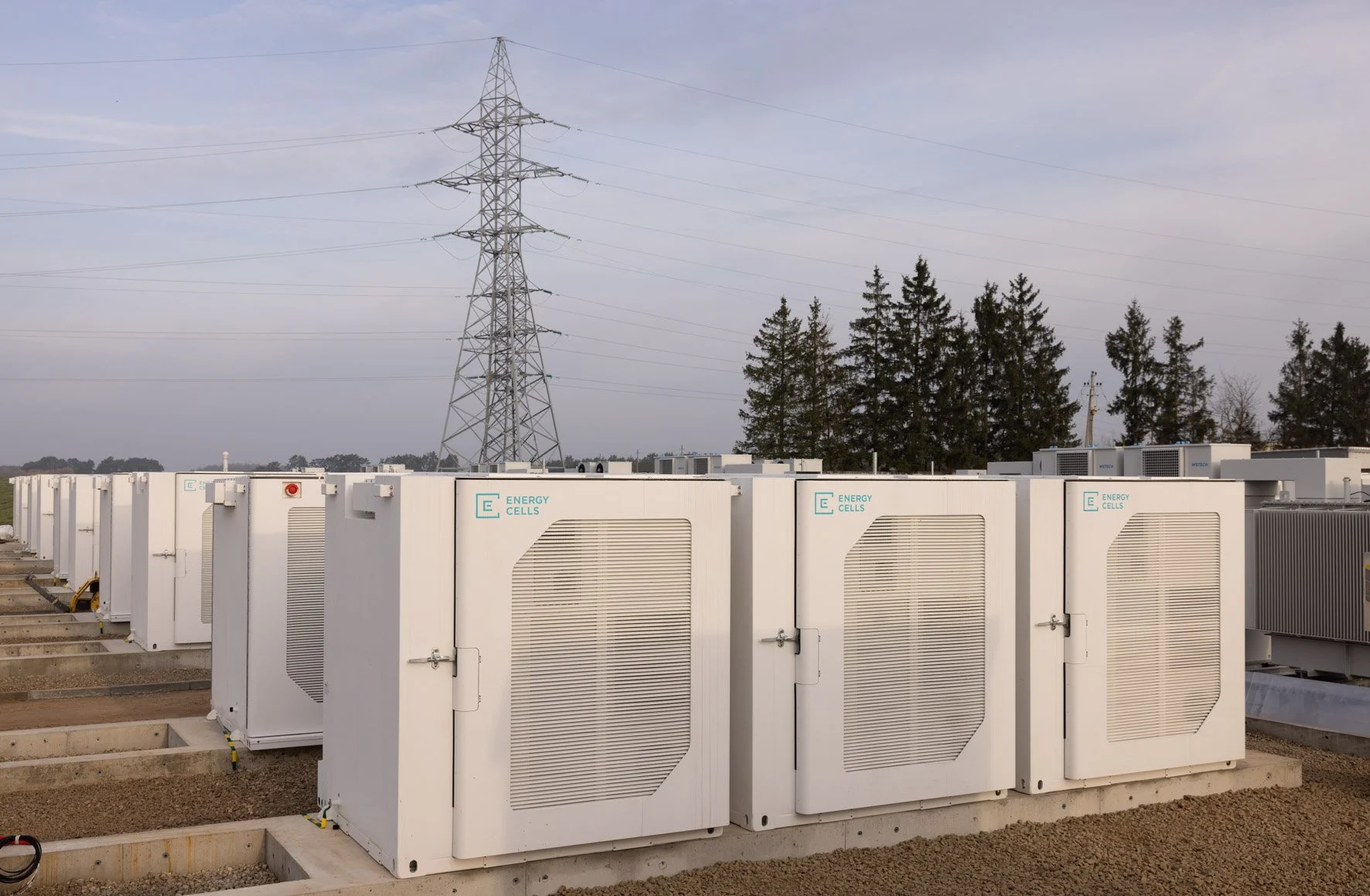Image: Energy Cells
Lithuania is moving forward with one of the largest energy storage expansions in Europe, announcing plans to install 1.7 GW of capacity equal to 4 GWh of storage. The Ministry of Energy confirmed the decision after receiving strong demand in its recent procurement process. According to the ministry, the scale of the projects will play a critical role in strengthening the flexibility and reliability of the national grid while supporting the broader integration of renewable energy. Acting Energy Minister Žygimantas Vaičiūnas described the program as a “significant step” toward a more secure and modern power system, highlighting investor interest as a signal of strong private-sector commitment. The announcement marks a sharp increase from the government’s original target of 800 MWh.
The procurement call, first issued in February, generated more than 50 project applications worth about €197 million, nearly twice the amount initially budgeted. In July, the Ministry raised available funding by €37.33 million, on top of the original €102 million allocation. While the total pipeline now exceeds €840 million in value, state subsidies will average just under 15% of investments, covering up to 30% of eligible costs with a maximum of €150,000 per MWh. The supported projects will range from 30 MWh to 300 MWh and are intended to provide balancing services directly to Lithuania’s transmission network. Legal entities, excluding financial and credit institutions, are eligible for the subsidies.
The Ministry emphasized that this expansion represents a major step up from Lithuania’s earlier grid-scale storage project in 2020, a 200 MWh facility operated by Energy Cells. Officials also confirmed that a new round of procurement will be announced soon, signaling that the country’s energy storage build-out is only just beginning.


